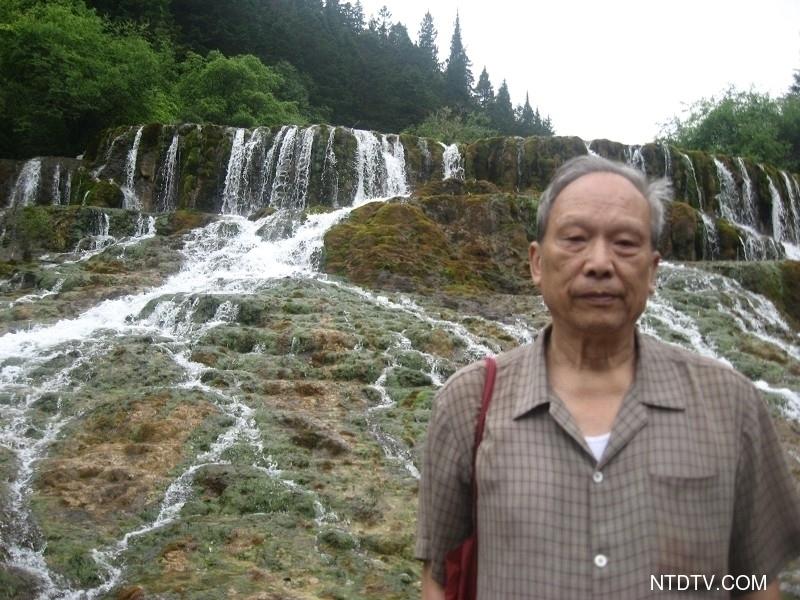When a Beijing scholar wrote an open letter calling out the regime’s former paramount leader as a traitor, he was basically making himself a target.
Lu Jiaping, the Beijing scholar and a member of the Chinese Research Society on the History of World War II, wrote an open letter with his real name in Dec. 2009, accusing Jiang Zemin of having assumed a falsified identity.
And on May 13, 2011, Lu was sentenced to ten years in prison on a charge of “inciting subversion of state power” by the Beijing No. 1 Intermediate People’s Court.
Many Chinese dissidents have been put behind bars by the Chinese regime on the ambiguous charge of subversion of state power, including, for instance, Hu Jia, a campaigner for civil rights, environmental protection, and AIDS advocacy inside China.




